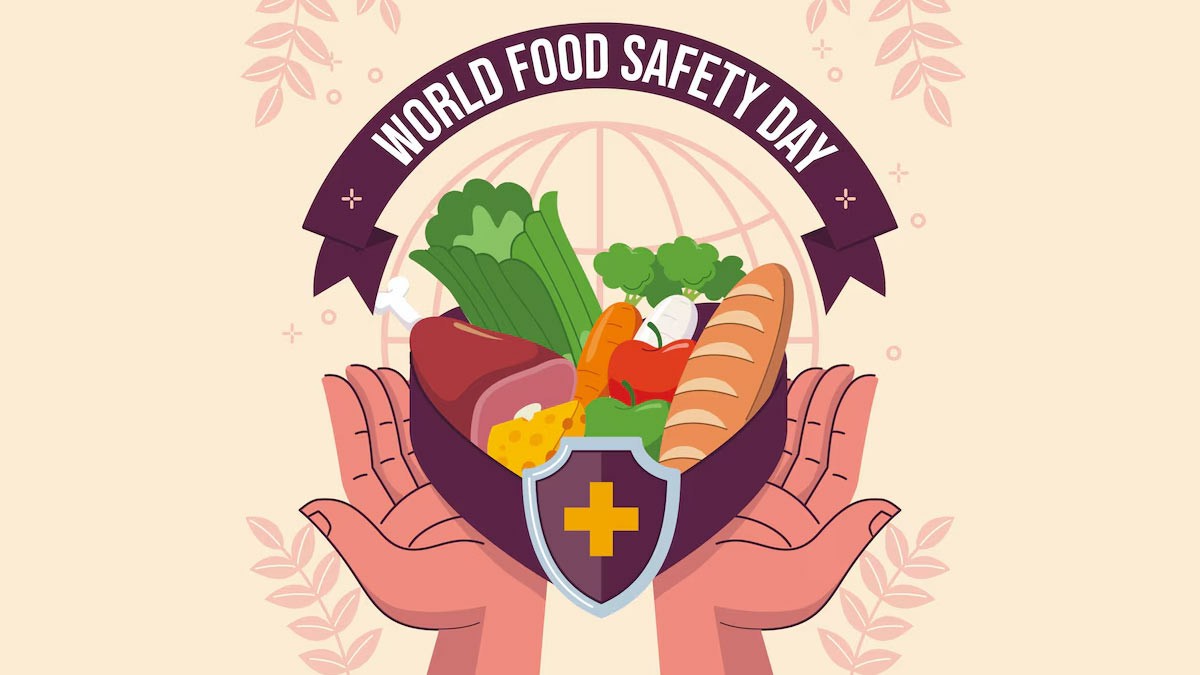


 349,500 Offered Certificates
349,500 Offered Certificates
 24/7 Online Training
24/7 Online Training
 Money Back Guarantee
Money Back Guarantee
 Fully Accredited Courses
Fully Accredited Courses

Created at: 26-02-2025 13:47
The food industry in Ireland is required to uphold strict food safety standards to ensure public health and consumer trust. One of the most critical frameworks to guarantee this is the Hazard Analysis and Critical Control Points (HACCP) system. This blog post will dive into why HACCP training is a legal requirement for food businesses across Ireland, focusing on key cities such as Dublin, Cork, Galway, Limerick, Waterford, and Belfast.
HACCP is an internationally recognized system employed by food businesses to identify and control food safety hazards from production to consumption. The fundamental principles of HACCP focus on preventing potential risks rather than inspecting finished products. Implementing these principles not only aligns with regulatory requirements but also enhances operational efficiency and food quality.
Under Irish and EU food safety laws, all food businesses are mandated to have HACCP plans in place. This legal stipulation is designed to protect public health by minimizing the risks of food contamination. Compliance with HACCP regulations is monitored by the Food Safety Authority of Ireland (FSAI) and local health authorities, ensuring that businesses adhere to the necessary protocols.
Obtaining HACCP certification offers multiple advantages for food businesses, including:
HACCP is based on seven key principles:
Achieving HACCP certification involves several key steps:
With various training options available, it is essential to consider your team's needs. Online HACCP training offers convenience and flexibility, allowing employees to learn at their own pace. In-person training, on the other hand, may provide more direct interaction and hands-on experience. Both formats can be effective, but choosing the right one depends on the unique circumstances of your business.
Understanding common violations can help ensure compliance:
With growing consumer awareness about food safety, HACCP compliance has become a vital aspect of business operations. A HACCP-certified business demonstrates a commitment to high safety standards, significantly enhancing its reputation.
HACCP training is not merely a legal requirement; it is an essential part of a food business strategy to ensure safety, compliance, and customer confidence. By prioritizing HACCP, businesses in Dublin, Cork, Galway, Limerick, Waterford, and Belfast can protect their customers and their brands. Don’t wait—enroll in our HACCP training course today and take the first step toward securing your food business's future.
For direct inquiries, feel free to contact us at [email protected].